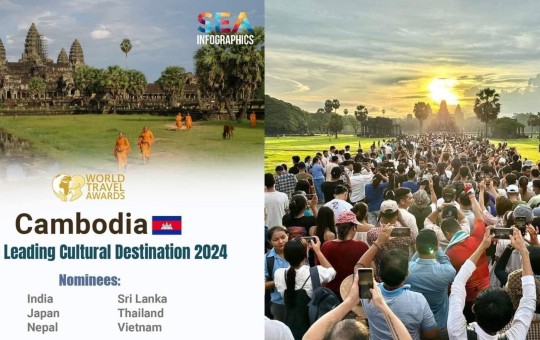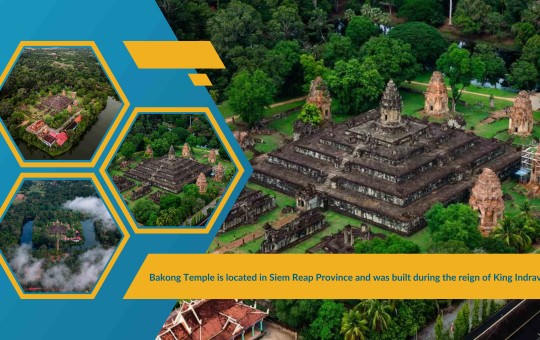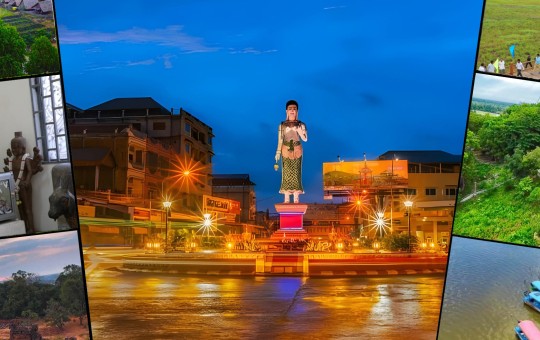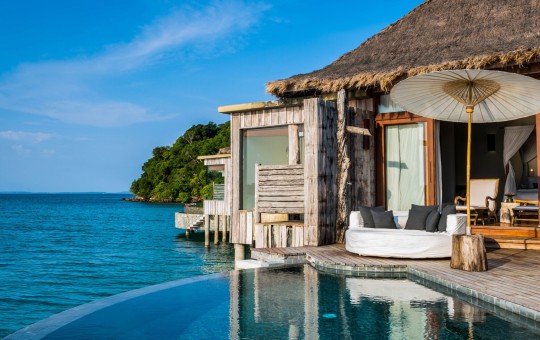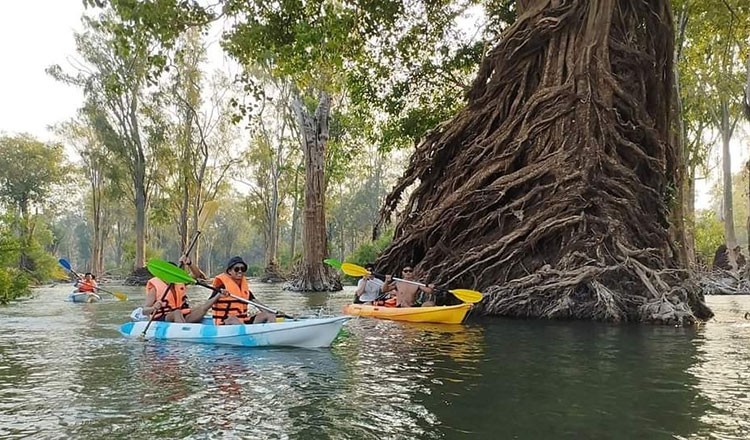
Kingdom taps into vision of sustainable tourism
With the word sustainable becoming all the rage across sectors and industries, the tourism sector has adopted sustainable tourism with a vengeance. Cambodia is very much a part of this phenomenon and industry insiders disclose what the term means to them in the Cambodian landscape.
Talking to Khmer Times, Catherine Germier-Hamel, CEO of Destination Mekong/Millennium Destinations described sustainable tourism as “a strategic vision, a business model, a mindset or a lifestyle. Sustainability can be applied to any form of tourism, even mass tourism.” A carefully planned, managed and controlled mass tourism can have a net positive impact on local human ecosystems because we can’t only rely on niche tourism to develop a nation or a destination, she added.
Sustainable tourism practices in Cambodia are essential for the long-term preservation of the country’s natural and cultural heritage, explained Thourn Sinan, Chairman, Pacific Asia Travel Association Cambodia Chapter. “Cambodia’s rich history, stunning landscapes, and diverse wildlife make it a popular destination for travellers from around the world. However, the rapid growth of tourism has also brought environmental and social challenges. By adopting sustainable tourism practices, Cambodia can ensure that its tourism industry benefits local communities, protects the environment, and preserves its cultural treasures for future generations,” he added.
Cambodia is home to diverse ecosystems, including tropical forests, coastal areas, and the Mekong River, Sinan said. “Sustainable tourism practices should aim to minimize the environmental impact of tourism activities, such as reducing waste, conserving water and energy, and protecting natural habitats and wildlife.”
Today’s travellers are increasingly interested in immersive, local experiences that make lasting memories and a positive impact on the community they visit, said Craig Dodge, Director of Sales and Marketing of Phare Circus. “This requires we follow environmental, social and financially sustainable practices.”
“The main idea is to maximize positive impacts and to minimize negative impacts on local communities, economies, cultures and environments,” continued Germier-Hamel. Sustainable tourism development requires a holistic, impact-driven and human-centred approach. It needs to be practised and localized constantly.
Engaging local communities in tourism development and ensuring that they benefit from tourism revenues is crucial for sustainable tourism, said Sinan. Empowering local people through employment opportunities, small business development, and cultural exchange can help to alleviate poverty and promote social well-being.
Environmentally sustainable practices include reducing plastic, recycling, conservation, tree planting and community cleanup, said Dodge. Socially sustainable actions include local sourcing, fair employment packages, non-discrimination, child protection, paying taxes and supporting social causes. Financial sustainability requires sensible business practices and pricing.
Cambodia is well positioned to attract these kinds of travellers, added Dodge. “It’s up to all of us to protect the environment, support the local communities and operate responsibly. Only this way can tourism grow and be a win-win.”
Raising awareness among tourists, local communities, and stakeholders about the importance of sustainable tourism is vital, said Sinan. Education programs can promote responsible travel behaviour, environmental conservation, and the preservation of cultural heritage.
Overall, sustainable tourism practices in Cambodia should aim to strike a balance between economic development and environmental and cultural preservation. By embracing sustainability, Cambodia can continue to benefit from tourism while protecting its natural and cultural treasures for future generations, he added.
